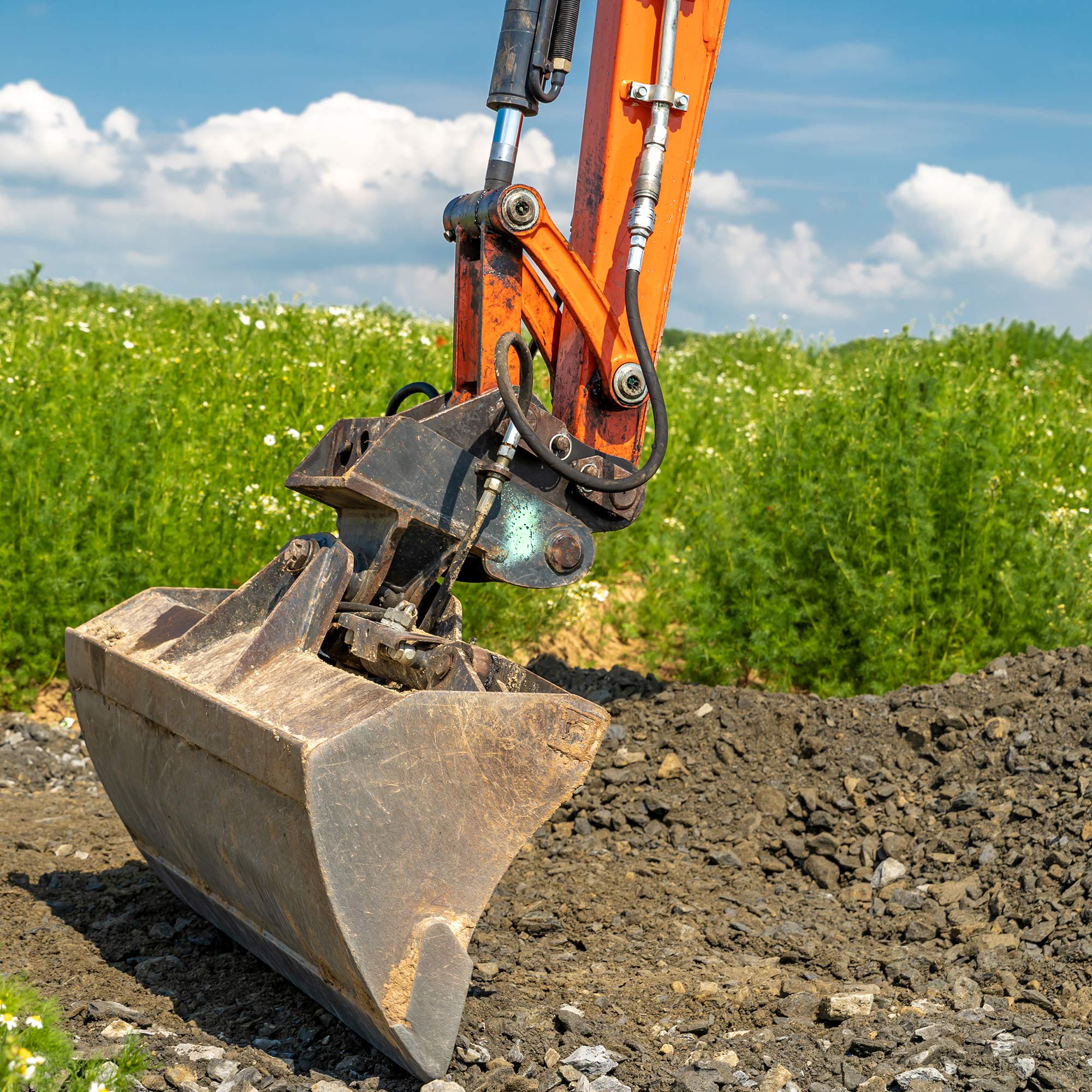Appropriate Assessments or Screening Assessments (AASR’s) and Natura Impact Assessments (NIA’s) are now an integral part of planning permission for sites located close to a Special Area of Conservation (SAC) or Special Protection Area (SPA).
HOW WE WORK
The four stages in the Appropriate Assessment process...
Eire Ecology have been carrying out Screening assessments since 2010
NEED APPROPRIATE ASSESSMENT?
WE CAN HELP
Get in touch with us today to discuss your project and see how we can help keep your eco-friendly construction project on track.
Send us a message or book a video conference call below...
SEND US A MESSAGE
[contact-form-7 404 "Not Found"]
CONTACT INFORMATION
Get in touch with your project details or Book a ZOOM call to chat directly with one of our Ecology Experts…





